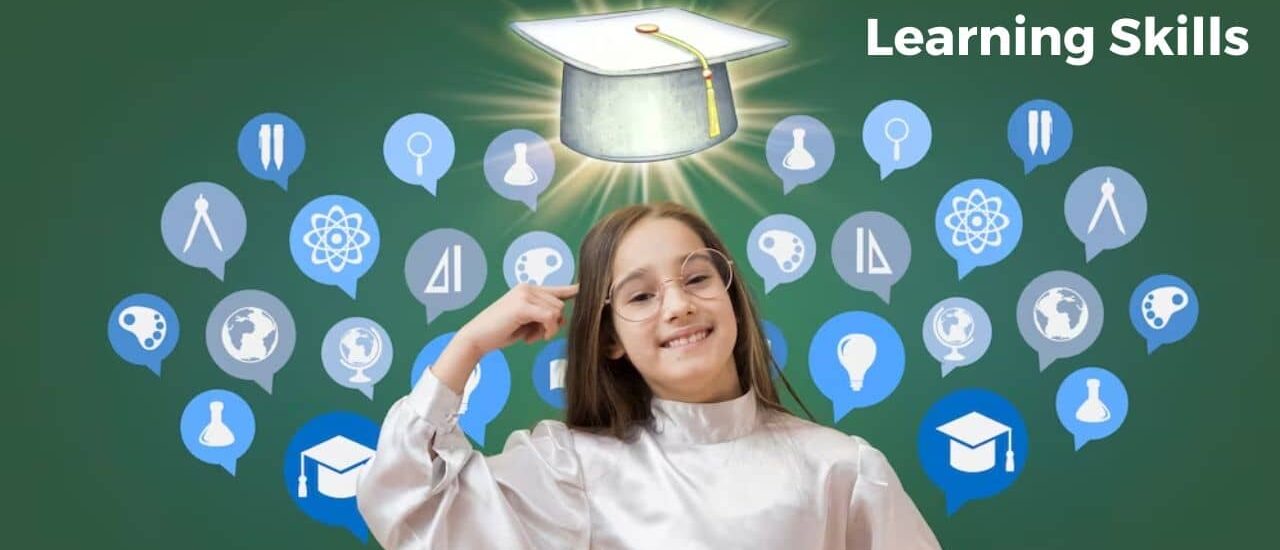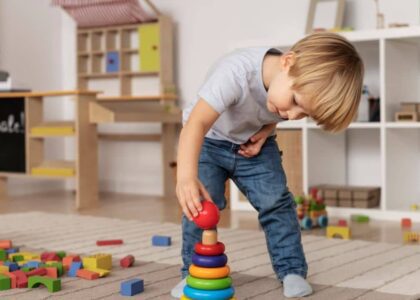As we step into the 21st century, the world is undergoing rapid transformation, requiring a new set of skills for success. For children to thrive in this dynamic era, they need more than just academic knowledge; they require 21st-century learning skills. In this blog post, we will explore four essential skills for children’s development: Communication, Creativity, Collaboration, and Critical Thinking. By cultivating these skills from an early age, parents and educators can empower young minds to become confident, innovative, and adaptable individuals prepared for a future full of opportunities.
1. Communication: Building Strong Foundations
Communication is the cornerstone of human interaction and an indispensable 21st-century skill. Effective communication encompasses both verbal and non-verbal aspects, enabling children to express themselves clearly and listen attentively to others.
Encouraging open communication at home and in educational settings fosters self-expression and builds children’s confidence in articulating their thoughts and ideas. Storytelling, role-playing, and public speaking exercises are excellent ways to enhance communication skills while making learning engaging and fun.
Moreover, digital communication has become an integral part of the modern world. By teaching children responsible and respectful online communication, parents and educators prepare them for the challenges and opportunities presented by the digital age.
2. Creativity: Unleashing the Power of Imagination
In the 21st century, creativity is a valuable skill that sets individuals apart in a world increasingly driven by innovation. Nurturing creativity encourages children to think outside the box, explore diverse solutions, and embrace uniqueness.
Providing children with opportunities for open-ended play, artistic expression, and imaginative activities stimulates their creative minds. Engaging in music, painting, creative writing, or hands-on projects allows children to unleash their imagination and develop problem-solving abilities.
As parents and educators, we can foster creativity by celebrating mistakes as opportunities for growth, encouraging curiosity, and supporting children’s diverse interests and passions. By fostering creativity, we equip children to approach challenges with ingenuity and become the innovators of tomorrow.
3. Collaboration: Learning from One Another
Collaboration is the art of working together towards a common goal, a skill that is highly valued in the 21st century. Children must learn to collaborate effectively, respecting others’ perspectives and leveraging the collective intelligence of a group.
Engaging children in group activities and team projects teaches them to share ideas, compromise, and communicate constructively. By assigning roles and responsibilities within teams, children learn leadership skills and the importance of cooperation.
Encouraging a positive and inclusive classroom environment where every child’s voice is valued fosters collaboration and builds empathy. Moreover, integrating technology for virtual collaborations prepares children for the digital collaborative environments they will encounter later in life.
4. Critical Thinking: The Path to Informed Decision-Making
Critical thinking is a foundational 21st-century learning skill that enables children to analyze information, think critically, and make informed decisions. By teaching children how to question, evaluate evidence, and draw logical conclusions, we empower them to become independent and responsible thinkers.
Introducing age-appropriate puzzles, riddles, and games that require problem-solving enhances critical thinking in a playful manner. Engaging children in debates and discussions helps them develop analytical skills and articulate their opinions confidently.
As children encounter a plethora of information, critical thinking allows them to navigate through biases and misinformation, making them more discerning consumers of knowledge.
Conclusion
In conclusion, nurturing 21st-century learning skills in children is an investment in their future success and well-being. Communication, Creativity, Collaboration, and Critical Thinking are the cornerstones of a well-rounded education that equips children to thrive in the dynamic world of the 21st century.
By encouraging open communication, celebrating creativity, promoting collaboration, and fostering critical thinking, parents and educators empower children to become adaptable problem-solvers, effective communicators, and innovative thinkers. These skills not only prepare children for academic excellence but also lay the groundwork for becoming responsible and empathetic global citizens.
Together, let us embrace the power of 21st-century learning skills and guide our children towards a future where their potential knows no bounds. By nurturing these skills from an early age, we create a generation of young minds ready to shape a brighter and more prosperous world for themselves and future generations.













